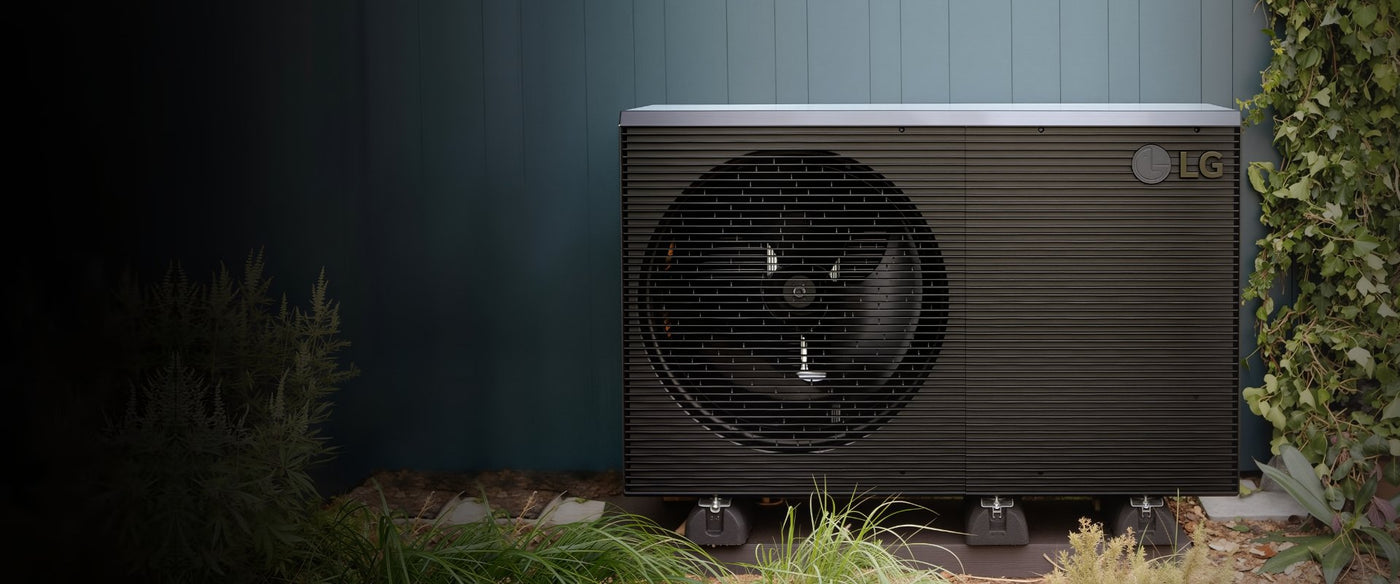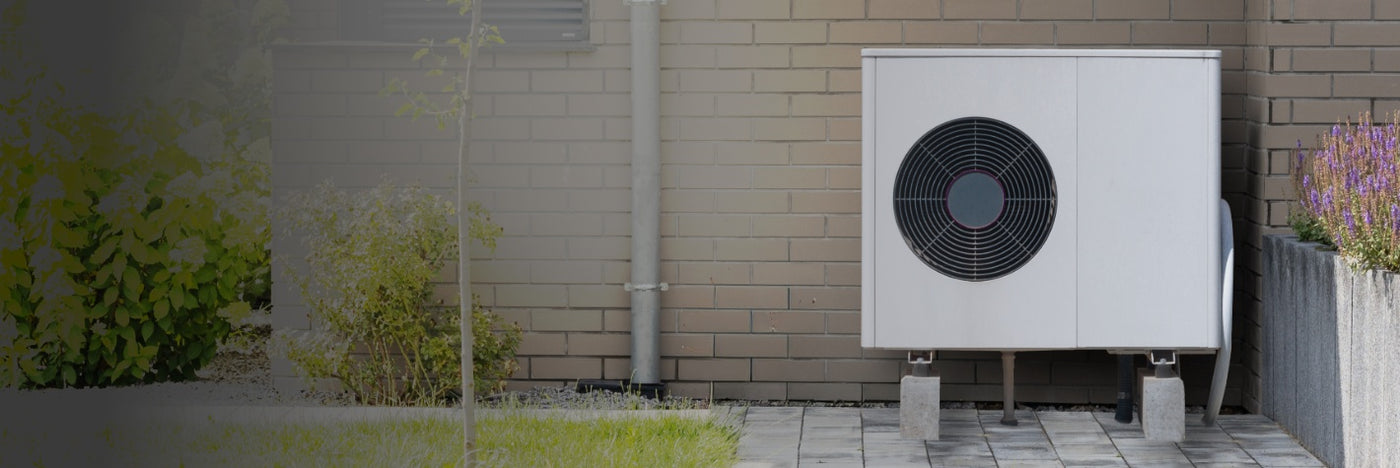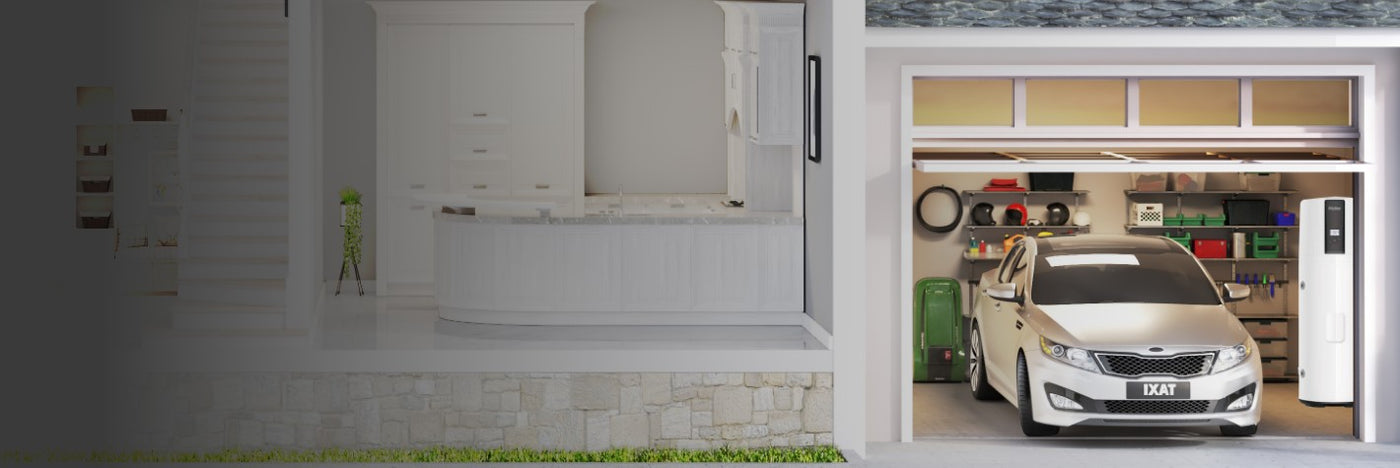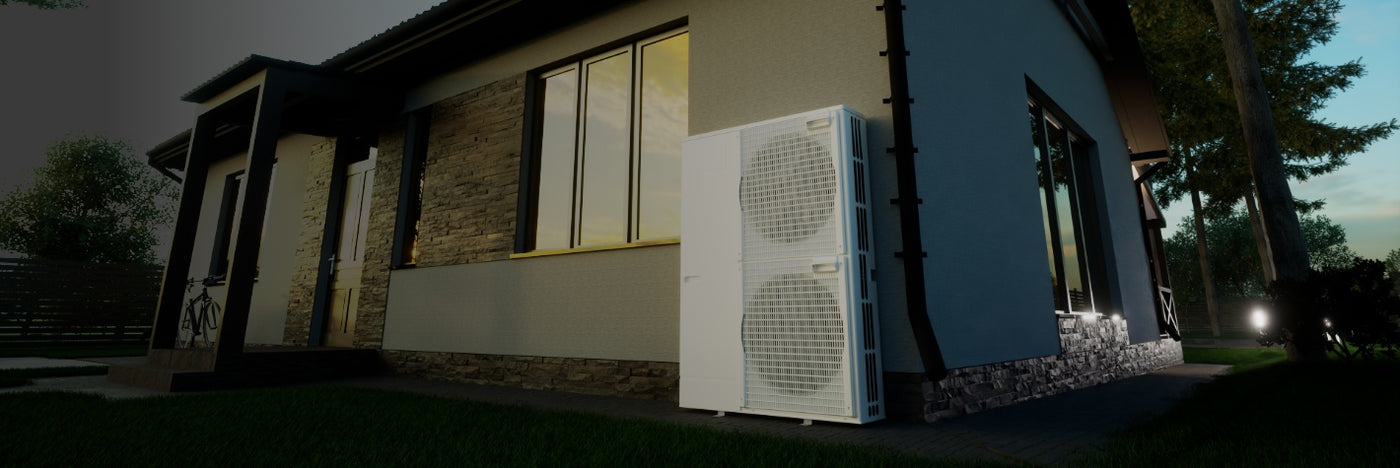-
Warm in Winter, Cool in Summer
Unitherm Heating Systems have an extensive choice of renewable heating solutions that we can tailor to your project, depending on your requirements.
We can provide the initial quotation to show the material cost and then move on to detailed plumbing and electrical drawings to show straightforward installation instructions.
At all times, you will have a dedicated point of contact at Unitherm Heating Systems, who will consult with you and provide technical support. This aims to make sure that everyone can be rest assured that what is being supplied and designed fits the job.
Our selection of renewable heating systems includes Air Source Heat Pumps, Cylinders, Plumbing Accessories & Underfloor Heating. Not only are they energy efficient, they also help to reduce carbon emissions, improving your carbon footprint.
-
Why is Renewable Energy important?
Renewable technology is becoming more and more common in modern households. Many of us now realise the damage fossil fuels and greenhouse gas emissions are doing to our planet.
That's why at Unitherm Heating Systems, we are proud to source and distribute renewable heating technologies to change the way we heat our homes.
What is the Future Homes Standard?
Within the next two years, all new homes will be required to meet the Future Homes Standard (FHS), a regulation designed to slash carbon emissions by 75-80% compared to those built under current building regulations.
The FHS will achieve this by focusing on decarbonising heating and hot water systems and significantly reducing heat loss. This shift will involve transitioning away from conventional technologies and adopting low-carbon alternatives. For example, new homes will be heated by a low-carbon heating source such as an air source heat pump.
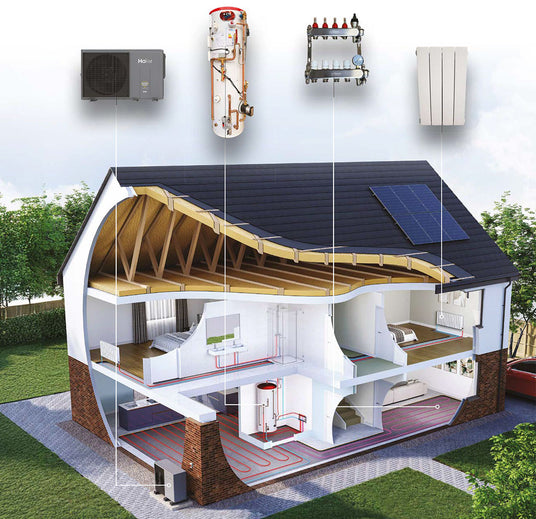
Complete Heating Solution Specified & Supplied By Unitherm
A revolution is happening that is using different heat sources to those that burn fossil fuels.
By harnessing natural energy from the sun, wind and water, we can deliver clean and green electricity to heat and power our homes.
Air source heat pumps are an energy efficient and carbon reducing technology that perfectly meets this change. This is why heat pumps are at the core of what Unitherm do and this is why Unitherm will play a leading role in the move to low carbon heating solutions in our homes.
We have unrivalled levels of experience and expertise within the company that we can call upon to tailor engineered solutions to meet with the requirements of the customer and the project.



